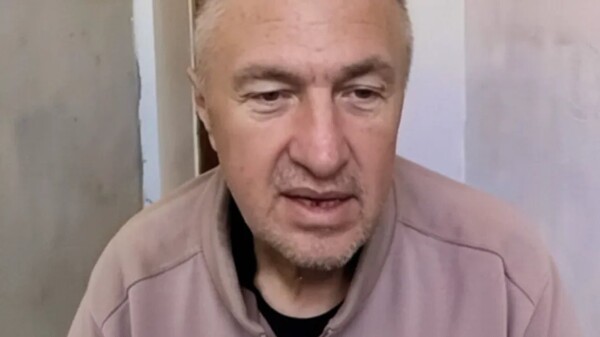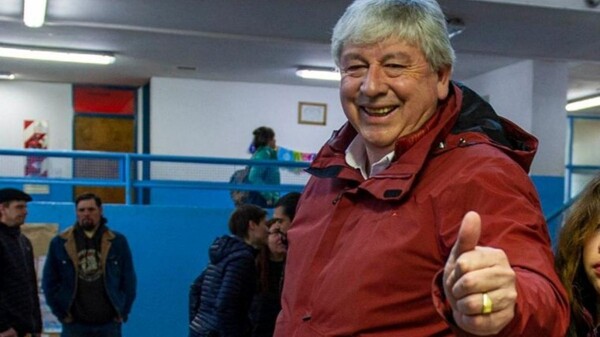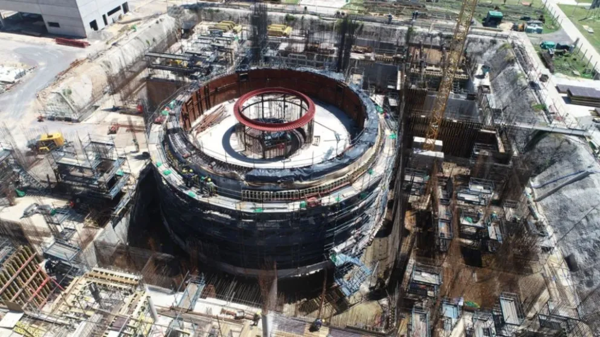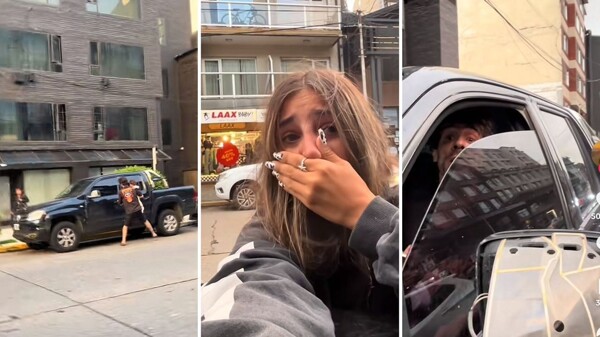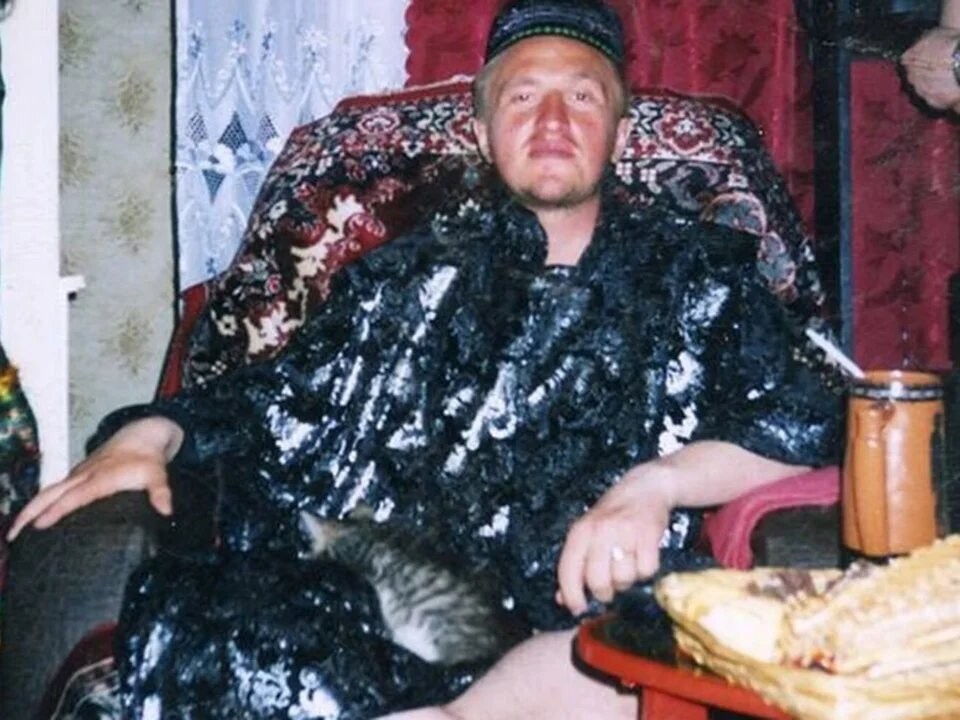
Official examinations have confirmed that no drugs were found in samples taken from vials and pills seized during April operations involving a Russian sect investigated for alleged human trafficking for exploitation in San Carlos de Bariloche. While the Russian sect leader, Konstantin Rudnev, accused of the crime, awaits a new hearing, the tests that supported the investigation for alleged drug transport "had a categorical result and were all negative," police sources told the Noticias Argentina agency. Studies conducted by National Gendarmerie laboratories ruled out the presence of cocaine, MDMA, fentanyl, or other prohibited substances in the seized items, including dried mushroom samples and even liquids. What was presented in April as "cocaine pills" was not, as a second report, prepared by the Criminalistics Group of Bariloche Squadron 34, analyzed blue pills and white tablets linked to specific defendants and reached the same conclusion: negative. With 20 suspects released on bail and linked to the case, a Russian translator declared her innocence: she not only stated "I never sold to anyone," but also pointed out that the "only" thing she did was "help as an interpreter for a pregnant woman who did not speak Spanish" in a hospital. From the defense, led by lawyer Carlos Broitman, it is insisted that "90% of the defendants do not even know each other" and that the prosecution is stretching the timelines without providing substantive evidence.











